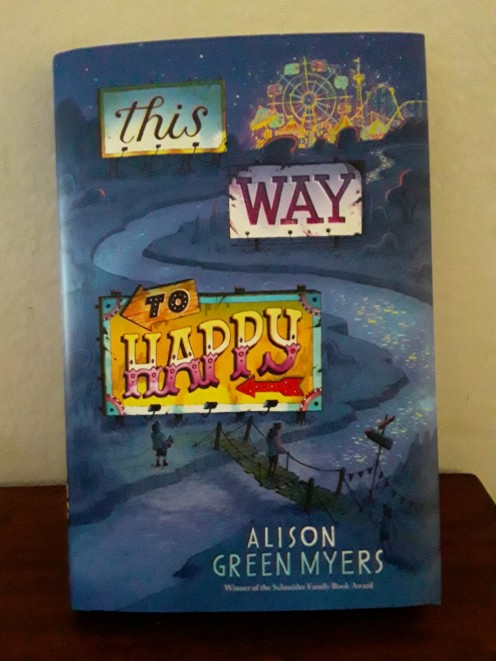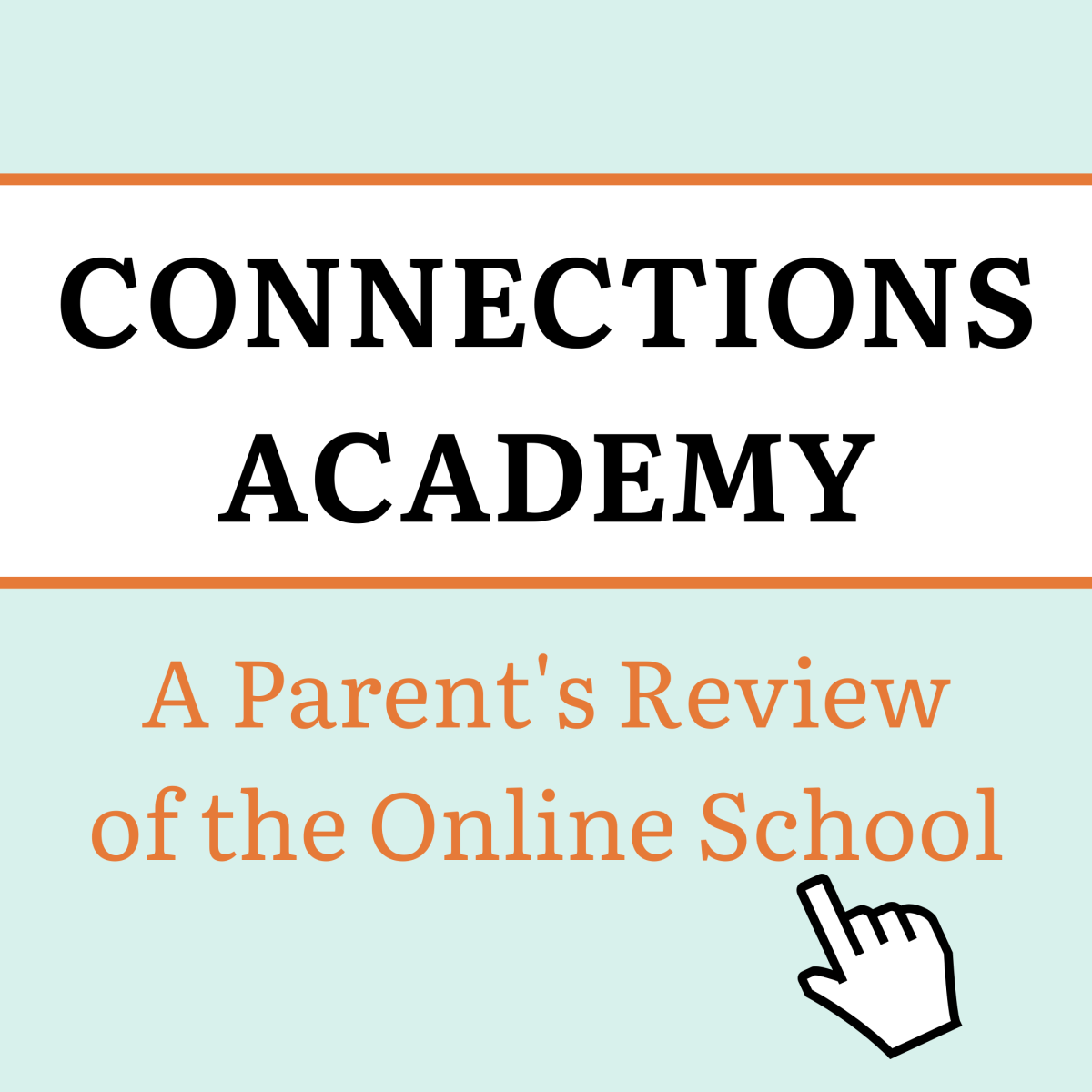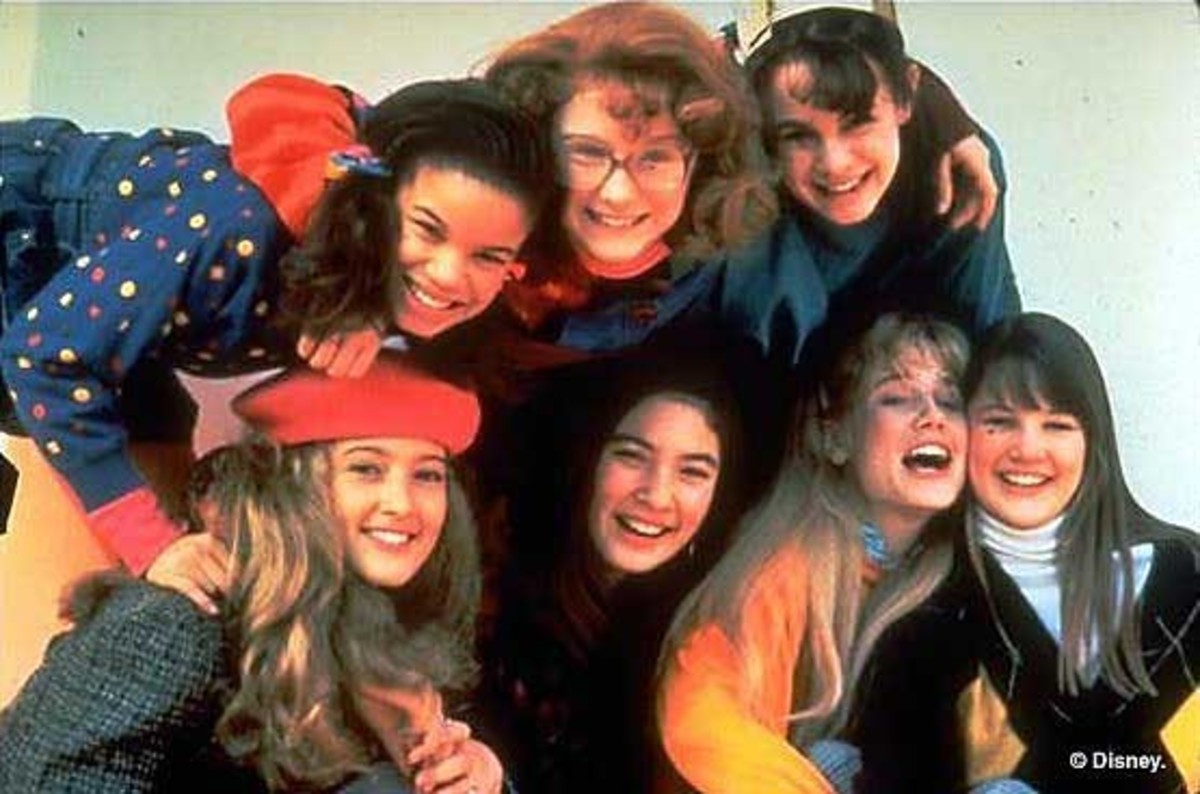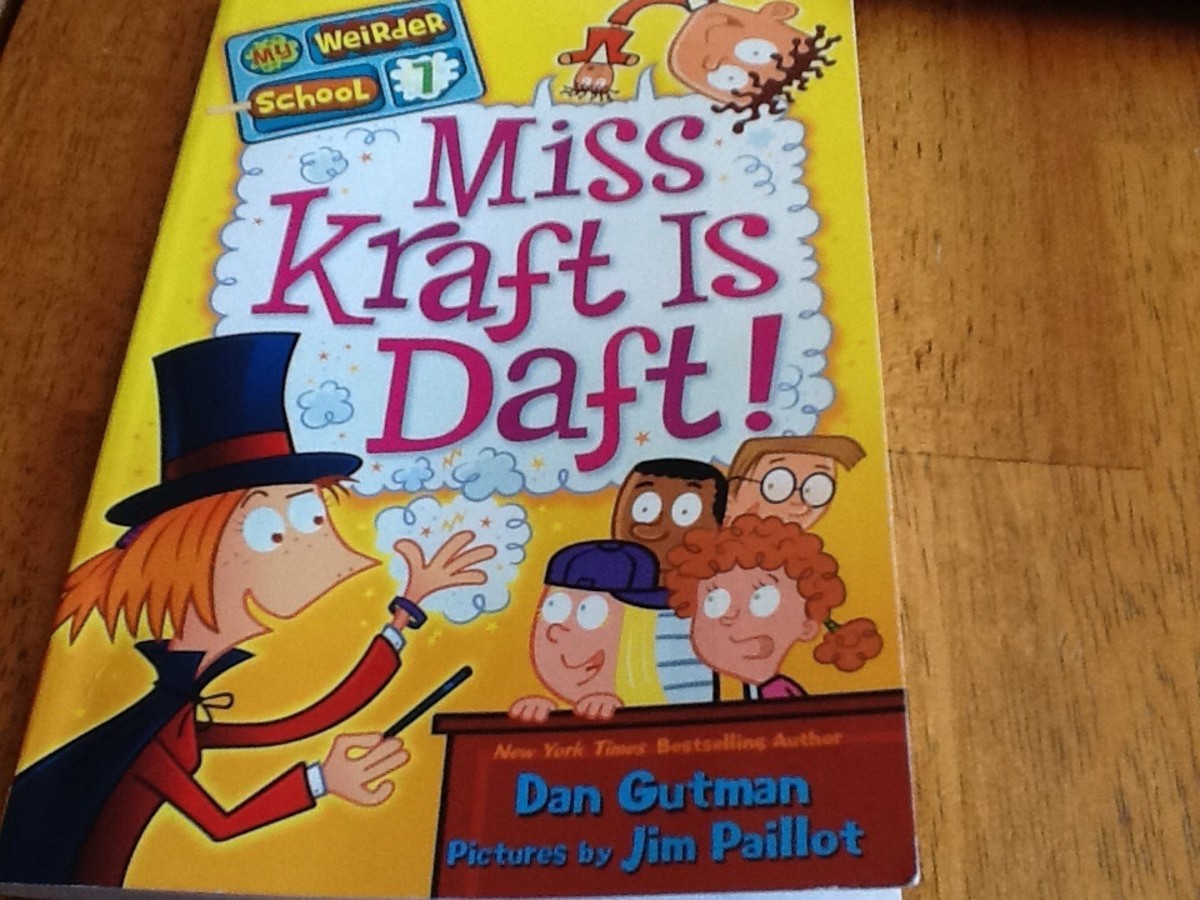- HubPages»
- Books, Literature, and Writing»
- Books & Novels»
- Children's Books
Creating Happiness and Connections in Sweet Chapter Book with Life Lesson
Happiness Comes in Unexpected Ways

Where Can Happiness Come From?
Young readers will find Alison Green Myers' sweet chapter book This Way to Happy to be one that has a life lesson in finding happiness. Happiness can come in surprising ways. There are sources of happiness that can be discovered unexpectedly.
Reilly and her family manage an amusement park that her grandpa owns. They work hard everyday and find that the park brings happiness. Reilly has come to depend on the small bits of happiness that the park brings. Her grandpa suddenly passes away and the family must work much harder to keep the park going. There are so many problems that are challenging. The family finally comes apart after pretending to be happy much of the time. The future of the park seems bleak. A surprise new friend comes along and Reilly discovers that a new connection with this friend will bring new happiness. Alex has never experienced a life with an amusement park and he is determined to help with keeping the park alive. He makes big plans and Reilly learns that life lesson that happiness can come back when you connect the past with the future.
This Way to Happy is recommended for ages 10+. It was published by Dutton Children's Books, a division of Penguin/Random House. It has an ISBN of 978-0-593-32570-4.
Bring This Way to Happy to Your Classroom
Teachers who teach in later elementary classrooms and junior high literature classes will want to add this chapter book with its life lesson to their classroom library. Young readers will relate to Reilly's story with her family's loss and the struggle to leave the past behind in order to find new ways to be happy. Young readers will have the opportunity to think about the things that make them happy. Being happy in today's society can be challenging for children. What is really important in being happy?
*Assign This Way to Happy as a book to be read individually. The chapters are also short enough for students to read aloud each day to share the book as a class. Reading aloud to classmates is a good way for students to improve their skill in reading aloud.
*Engage students in a discussion of the loss of Reilly's grandpa. How many students have lost a beloved family member? How did this loss affect Reilly's family? How did the loss of a beloved family member affect their family?
*What challenges did Reilly's family face after Grandpa passed away? Engage students in a discussion of any challenges that their family faced after a loss of an important family member?
*Engage students in a discussion of the concept of the bridge that Alex brought to the attention of Reilly when he came into her life as a new friend. How did this concept of a bridge relate to helping Reilly find new happiness?
*Engage students in a discussion of connecting the past to the future in order to find new happiness after a loss. What are ways that their family made a connection to the past and going into the future without their loved one?
*Assign a creative writing activity for students to write about a loss that their family experienced and the ways that they found new happiness after the loss. How did they stay connected to the past and moving into the future to find new happiness?
Meet the Author
Alison Green Myers is the recipient of the Schneider Family Book Award for her chapter book A Bird Will Soar and her new chapter book This Way to Happy. She is also an educator and novelist. She speaks around the country to organizations. She is the program director at the Highlights Foundation. She is a National Writing Fellow and works with Bethel Woods' educational programs.
She includes a letter to the readers at the end of This Way to Happy and shares the connection of her own life to Reilly's. She writes that she hopes that Reilly's story in This Way to Happy shows her readers that they are never alone and that a new way to find happiness can be found in many ways after a loss.
© 2025 Cindy Hewitt








